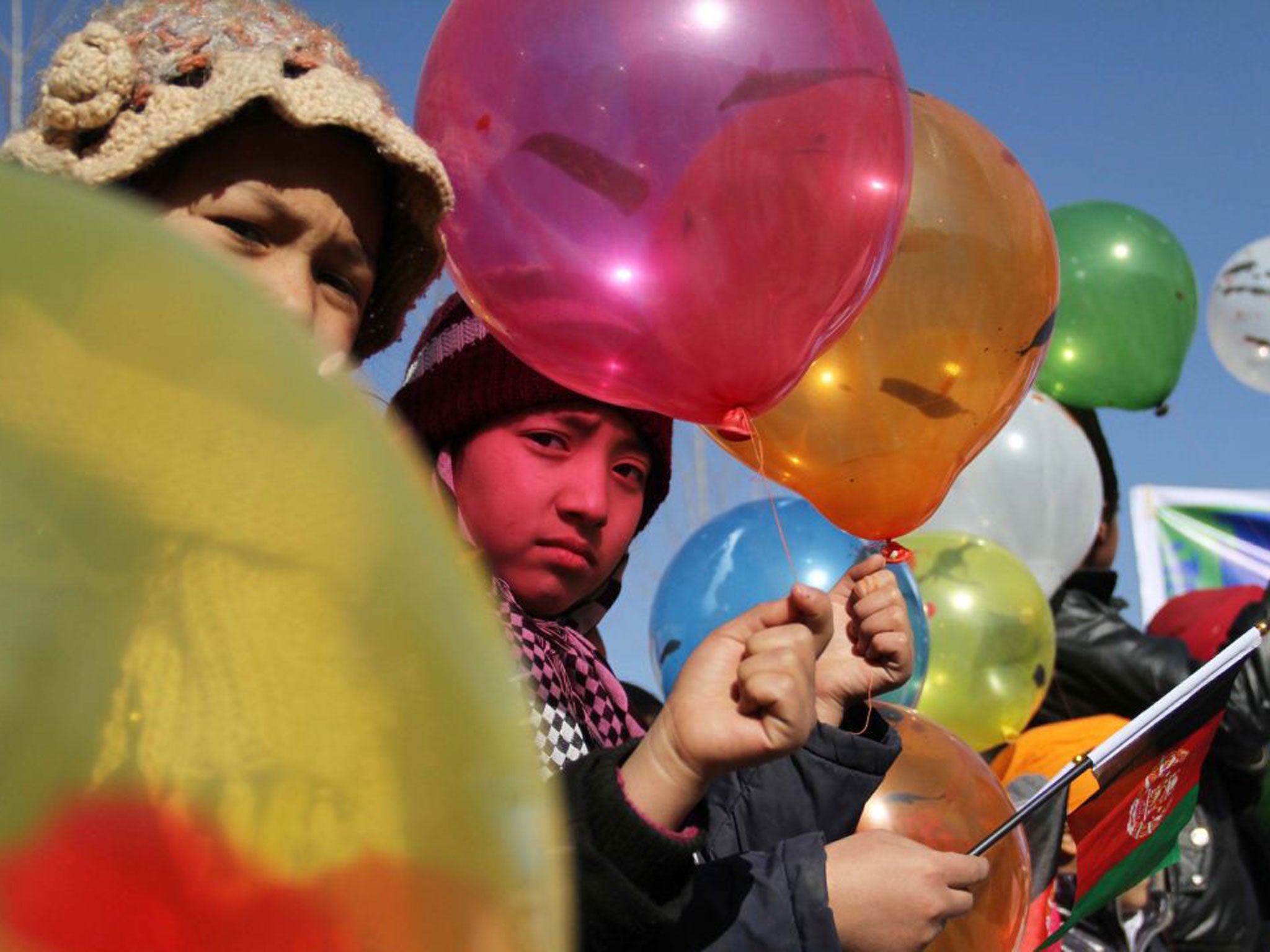Happy birthday to the Afghans who don’t know when they were born
During protracted wars in the 1980s and 1990s, the government didn’t have a system in place to register births

The first day of January isn’t celebrated as the beginning of the year in Afghanistan, but since the American invasion, it’s become a new kind of holiday — a de facto birthday for thousands of Afghans who don’t know when they were born.
During protracted wars in the 1980s and 1990s, the government didn’t have a system in place to register births. Because identification cards and driver’s licences weren’t standard in this impoverished nation, families saw no reason to record the exact dates. Government paperwork asked only for an approximate birthday on the Islamic calendar.
But when the US and its Nato allies arrived, they brought with them a flurry of job opportunities, visa applications and websites that all required a specific birthday on the Roman calendar.
“Those of us who don’t know when we were born selected 1 January,” said a US Army interpreter named Tariq, who first wrote the date on his job application with the military and would repeat it whenever anyone asked.
Like many Afghans, Tariq, who requested that his last name not be used to avoid Taliban threats, has only a vague sense of his birthday.
As internet access became more widespread, the question of birthdays arose with even greater frequency. Urban Afghans were quick to create accounts on Facebook, Twitter and Gmail, all of which ask for the registrant’s date of birth.
“I have been using the first of January for every online registration,” said Nazer Hussain, 23, a recent university graduate. “In the past, people weren’t well-educated enough to keep record of birthdays.”
Some worry that the lack of official registration could have serious implications.
“Birth registration is instrumental in safeguarding human rights,” said a 2007 UN report on the topic, which singled out Afghanistan.
Those records are helpful in reuniting separated families, as well as helping children apply for refugee status. It also makes it easier to conduct a national census — an enormous challenge here.
Afghanistan isn’t the only war-torn nation whose citizens have chosen 1 January as a makeshift birthday. In Vietnam, Somalia and Sudan, thousands wound up with the same birth date.
Many younger Afghans remain curious about their true birthdays. But their parents don’t offer much clarity, or at least enough to warrant a change.
“I’m not sure,” said Mr Hussain. “I think it was some time in the spring.”
©The Washington Post
Join our commenting forum
Join thought-provoking conversations, follow other Independent readers and see their replies
Comments
Bookmark popover
Removed from bookmarks